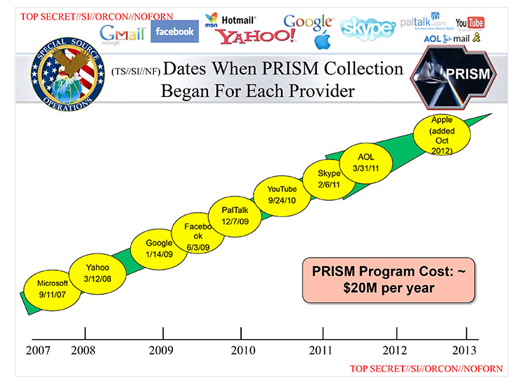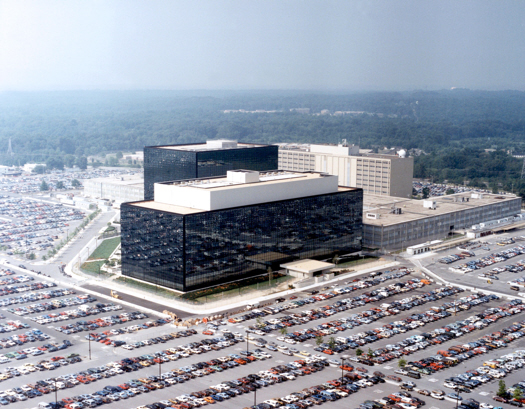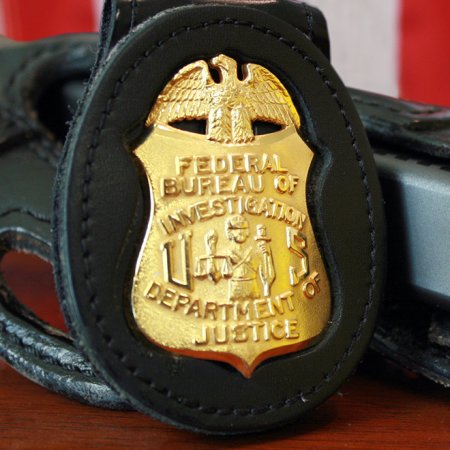

“Is this conversation unencrypted?” is going to be the new “Are you wearing a wire?”
Noting that communication technology has changed faster than the law, FBI general counsel Andrew Weissman said recently that the bureau wants to be able to monitor online chats as they happen.
Right now, the FBI can obtain electronic communications after the fact, but if they could snoop on people discussing illegal activity in a chat, they could catch criminals in the act.
A problem for the FBI is that most savvy criminals know to not discuss business over landline phones and other platforms that make it easy to get caught. Instead, like plenty of normal and totally not-criminal conversations, conversation has moved to online chats, text messaging, and cellphones. And the law hasn’t kept up.
Wiretap law is still largely stuck in the early 1990s. The 1994 “Communications Assistance for Law Enforcement Act” was written with some knowledge of the internet, but this was well before Skype, widespread email, cloud computing, and gchat.
To catch up to all that technology, the FBI is working with other members of the intelligence community to propose new legal snooping rules by the end of the year, Weissman said at the National Press Club in Washington last week. Weissman mentioned not just the ability to watch Gchat in real-time, but also the chat function in online games like Scrabble, as well as online voice chat programs like Skype and cloud storage services like DropBox (a noted favorite of former CIA spymaster David Petraeus.)
It’s a broad goal, and it’s likely criminals will adapt faster than the FBI can catch them. Such is the history of crime. In the late 1980s, pagers and payphones revolutionized the drug trade, with the combination of anonymity, on-demand delivery, and an absence of recorded-transaction information. Police eventually caught on. Criminals moved on, using pre-paid and disposable “burner” cell phones for everything from drug sales to bomb detonators, until the law finally caught up to that, too.
The FBI’s latest call for great legal power to spy on online chats as the happen is just a sign of the perpetual cat-and-mouse between police enforcing the law and criminals trying to dodge it. The next likely move for criminals (and other, totally legal private citizens uncomfortable with the idea of warrant-free chat monitoring): casual cryptography. Protocols for off-the-record chats already exist, and will ensure that conversations remain only between known parties, without someone else eavesdropping. What’s this mean? Expect me in five years to be writing about how the FBI wants a legal backdoor around encrypted conversations. Oh, wait.












